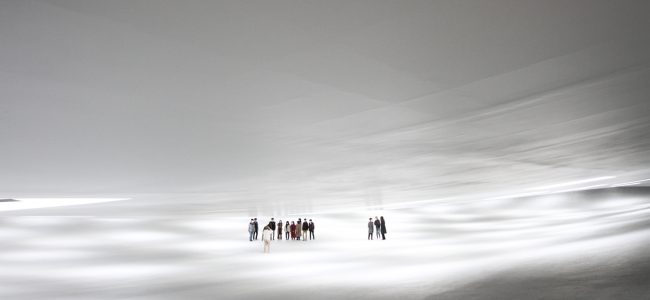
Nowadays, everyone has free and immediate access to architectural works, just as everyone has the free and immediate possibility to say or write something about them.
Digital platforms, websites, webzines, blogs, curated archives, Pinterest boards, Instagram profiles, Facebook groups, YouTube channels, Apps, Videogames… all these and other tools have expanded the quantity, speed and reach of information about built and unbuilt projects as never before. At the same time, though, these tools seem to make projects ungraspable, since the more architecture colonizes the web, the more narratives can be built around it, to the point that everything and its opposite can be said about the same work. But is it so? At a closer look, the vast majority of project descriptions found on the web are reworkings of their firms’ press releases, which end up defining the words and images by means of which their works are understood. And so, the possibility for a multiplicity of viewpoints to coexist on the web, is denied by the resilience of few, all-positive and superficial mainstream narratives. As a consequence, architectural knowledge is exchanged for information, judgment leaves the place to opinion, and projects become commodities for visual consumption, whose relevance is established by the number of likes: criticism disappears, theory becomes advertising. The seminar intends to address this problematic condition, providing students with knowledge and conceptual tools that can help them better understand, evaluate and criticise contemporary architecture. Above all, the seminar intends to keep faith to the idea that criticism is first of all a public service, which is why the outcome of the seminar will be a series of publicly accessible Wikipedia entries.
Learning Outcome:
During the seminar, students will become familiar with the reasons, methods and tools of architecture criticism, while developing an articulated and critical understanding of a selected group of contemporary architectural practices, whose works and theories will be explained and debated during the semester.
Method:
The seminar will be entirely held online and will take place on Friday from 9:00h to 13:00h.
The seminar will be based on:
a) lectures by the instructor;
b) oral presentations by the students;
c) workshop activity.
Students will work in groups of two. Each group will choose one architectural practice among those published in the last ten years by the magazine El Croquis. Throughout the semester, the groups will study the work of their chosen practices, giving weekly presentations about them to the rest of the class, while becoming familiar with the tools and language of Wikipedia. At the end of the seminar, each group will have written the Wikipedia page of their chosen architectural practice, and of a selection of their projects.
Assessment:
The final evaluation will be based on the following criteria:
a) presence;
b) interaction with the class;
c) quality of weekly presentations;
d) quality of the final delivery.
